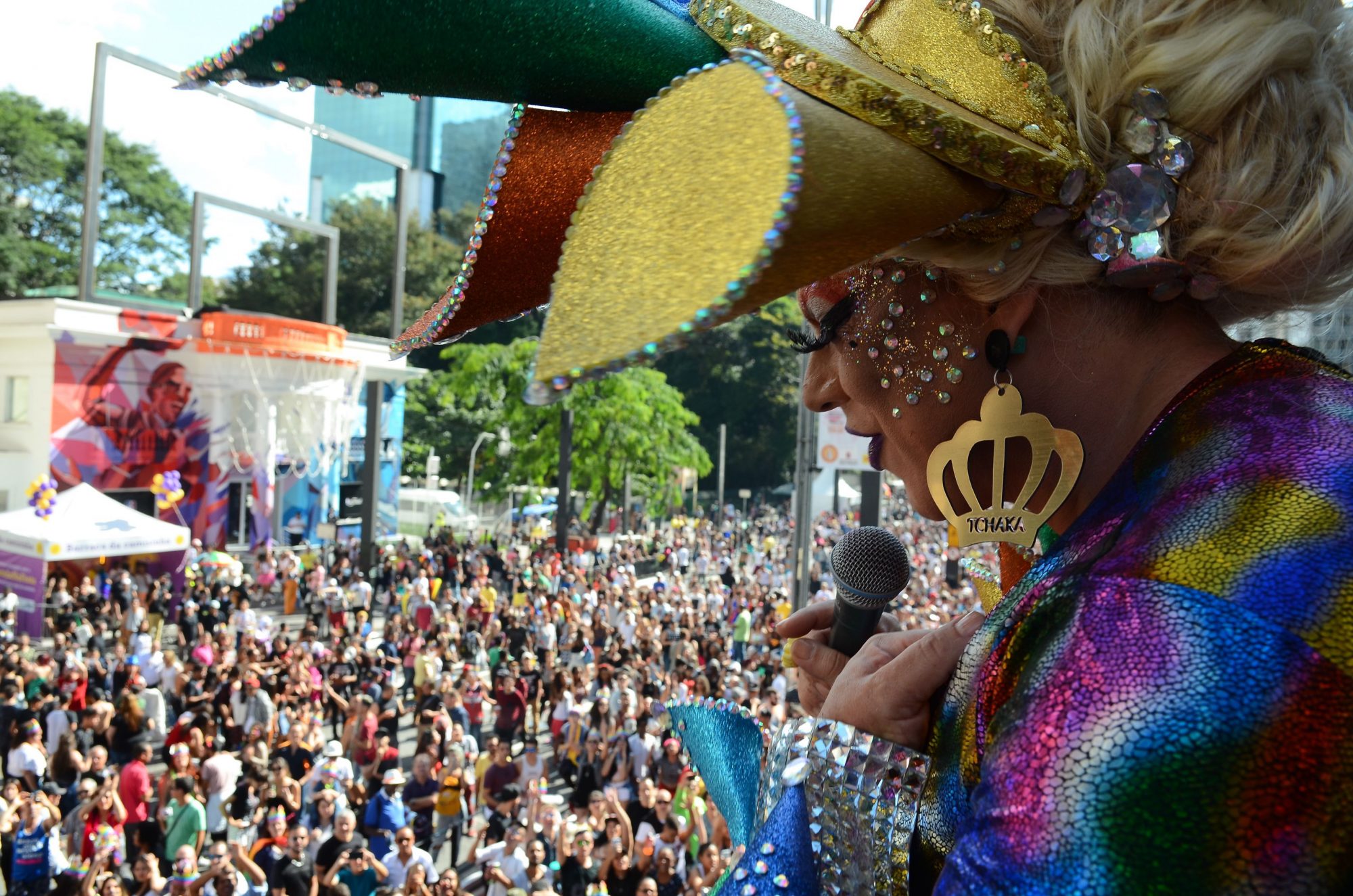The world’s largest pride parade kicked off Sunday in São Paulo, Brazil, in a procession that was attended by hundreds of thousands of people. Organizers were expecting three million people.
The 21st Annual Pride Parade focused on secularism, along with the notion that no religion should be law despite people’s individual beliefs.
“Our main enemies today are religious fundamentalists, groups of people within some religions who insist on condemning us and withdrawing the rights (we have) already obtained,” explained Claudia Santos Garcia, an organizer of the event.
According to the Association of Gay, Lesbian, Bisexual and Transgender Pride Parade of São Paulo, religion has a large influence on Brazil’s economic and political decision-making.
“It is a serious threat to citizenship and to Brazilian constitutional democracy that members of the three public powers at any level act on the basis of their religious values, without regard to citizenship, pluralism and human rights,” the NGO noted in a statement.
In the last decade, Brazil has made a number of advances in the realm of queer and trans rights. These include allowing procedures for gender affirming surgery in public hospitals, the adoption of children by same-gender couples and civil marriage rights.
Still, according to a report by the International Lesbian, Gay, Bisexual, Transgender and Intersex Association, Brazil is the number one place in the region for homicides of LGBT people, with 340 deaths due to homophobia in 2016 alone.
At this year’s parade, protesters also demonstrated against President Michel Temer, who is accused of corruption, with people carrying banners reading “Out with Temer” and calling for his resignation.
teleSUR

